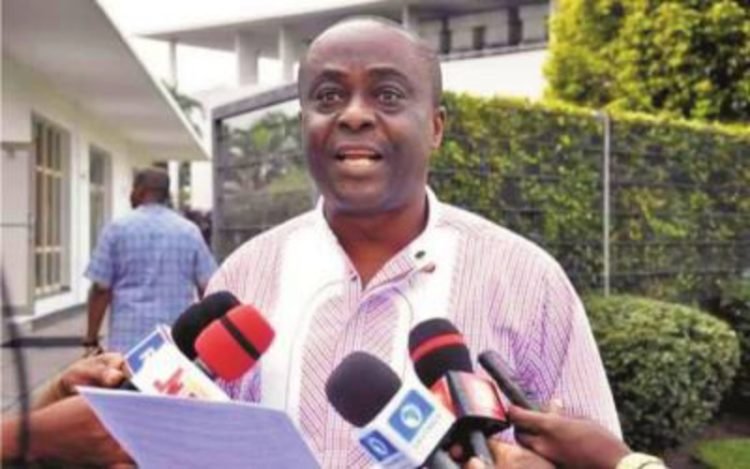The Nigerian Education Loan Fund (NELFUND) has announced the disbursement of more than ₦73.2 billion in interest-free loans to 396,252 students across the country, marking a major milestone in the federal government’s efforts to ensure equitable access to tertiary education.
Speaking at a media briefing in Abuja on Thursday, the Managing Director of NELFUND, Mr. Akintunde Sawyerr, disclosed that the disbursement spans all 36 states of the federation and the Federal Capital Territory (FCT). The update comes exactly one year after the initiative was inaugurated as a flagship programme to address the growing challenge of financial hardship among undergraduates in Nigeria.
According to Sawyerr, the agency has so far received a total of 645,692 applications from students across 206 accredited tertiary institutions. He noted that 94 per cent of these applications have already been processed, a feat he attributed to the strong political backing and institutional commitment that birthed and sustained the initiative.
“This scheme is not just a financial support platform; it is a reflection of strong political will aimed at preventing student dropouts caused by economic difficulties,” Sawyerr said. “The government recognizes education as a powerful equaliser, and this programme is designed to ensure that no Nigerian student is left behind due to lack of funds.”
Sawyerr also revealed that NELFUND is currently developing a centralised job portal intended to give student loan beneficiaries early exposure to employment opportunities, both within and outside Nigeria. While clarifying that the portal does not guarantee job placements, he said the goal is to enhance graduates’ transition into the workforce by connecting them with prospective employers.
The student loan programme, which offers zero-interest loans repayable after graduation, has been widely hailed as a bold step toward promoting inclusive education and tackling youth unemployment in the country.
Education stakeholders have welcomed the progress report, describing it as a sign of improved commitment to human capital development and a potential model for sustainable student financing in Nigeria.
















